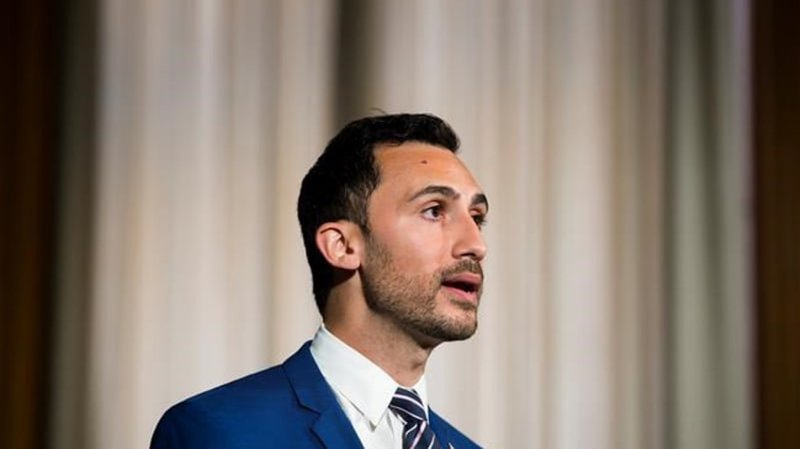
Ontario to end streaming in Grade 9, early years suspensions
TORONTO — Ontario is doing away with an educational practice long criticized for disproportionately targeting high school students from racialized backgrounds, the provincial government said Monday.
Streaming, which asks students to choose between pursuing academic or applied courses upon entering the secondary-school system, has drawn criticism at home and abroad for entrenching inequity into the province’s education system.
The province also plans to end school suspensions for students in junior kindergarten to Grade 3.
The Education Ministry did not immediately provide details on the policy shift or the rationale behind it, but Premier Doug Ford said it was intended to bring Ontario’s education in line with the rest of the country while ending a discriminatory practice.


